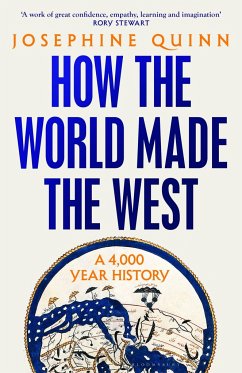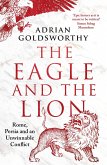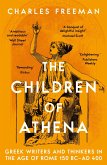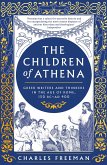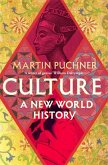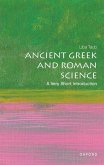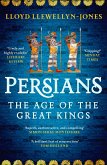What does history look like without 'civilisations'? Josephine Quinn calls for a major reassessment of the West and the concepts that define it. The West, history tells us, was built on the ideas and values of Ancient Greece and Rome, which disappeared from Europe during the Dark Ages and were then rediscovered by the Renaissance. In a bold and magisterial work of immense scope, Josephine Quinn argues that the true story of the West is much bigger than this established paradigm leads us to believe. So much of our shared history has been lost, drowned out by the concept - developed in the Victorian era - of 'civilisations'. Quinn reveals a new narrative: one that traces the relationships that built what is now called the West from the Bronze Age to the Age of Exploration, as societies met, tangled and sometimes grew apart. She makes the case that it is contact and connections, rather than distinct and isolated civilisations, that drive historical change. It is not peoples that make history - people do.
Hinweis: Dieser Artikel kann nur an eine deutsche Lieferadresse ausgeliefert werden.
Hinweis: Dieser Artikel kann nur an eine deutsche Lieferadresse ausgeliefert werden.
Quinn keeps the revelations coming at a fair lick . . . Quinn has done a lot more than reinvent the wheel. What we have here is a truly encyclopaedic and monumental account of the ancient world. In 400 crisp pages, 30 societies are paraded before us with comparative reflection and world-weary wit. Better still, Quinn's book is polemical. These days, far too many academic historians worship at the altar of nuance rather than argument, with the result that the reader closes the book not with a spirit of contentment, but rather with a question: so what? Not here

